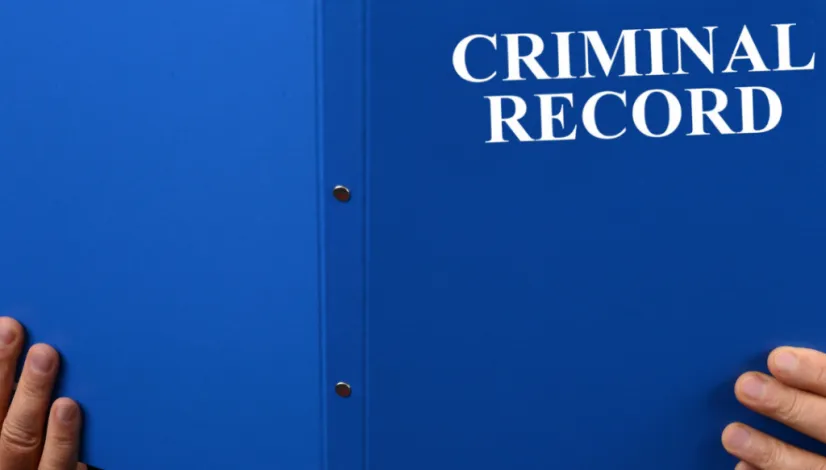
Getting your record cleaned up in Texas can be done in two different ways: expunction (sometimes called expungement) or nondisclosure.
People often confuse the terms, but we’re here to make sense of it all.
Expunction means all records of the arrest and charge are removed from your record completely.
Nondisclosure means the records are “sealed” to the public (private employers, internet background checks, et cetera) but still there for the courts/law enforcement/et cetera to see.
Imagine your records were housed in a filing cabinet in some government building. Expunction would mean the record was taken out of the cabinet and destroyed.
Nondisclosed records would remain in the cabinet but would be stamped “do not disclose to the public.”
What is the Process for an Expunction or Nondisclosure
It’s very important to note that expunction and nondisclosure don’t happen automatically. Many people think that after dismissal or deferred adjudication the case automatically comes off their record – that is not the case.
An expunction or nondisclosure starts when you file a petition for expunction or petition for nondisclosure.
It’s important to have an experienced Dallas expunction and nondisclosure lawyer draft and file your petition because it’s vital to get all the details exactly right!
After your Dallas expunction and nondisclosure lawyer drafts and files the petition for you, the district attorney’s office will review it and determine if they will agree to it.
*Many petitions are resolved by agreement which makes the process shorter, easier, and less anxious for you.
If the district attorney’s office does not agree, the petition is set for a hearing before the judge where your Dallas expunction and nondisclosure lawyer and the district attorney’s office make their arguments.
The judge then makes a ruling either granting or denying the petition. If the petition is granted, it can then take up to a few months for the records to be completed expunged, or nondisclosed.
Expunction Eligibility
Only certain case dispositions will allow you to successfully petition the court to expunge your record:
- Not Guilty verdicts
- Dismissals
- No-Bill’s by the grand jury
- Pretrial Diversion programs
- Class C misdemeanors deferred adjudication
Nondisclosure Eligibility
Deferred adjudication probation is generally eligible for nondisclosure. There are,
however, some exceptions that are not eligible:
- Family Violence offenses
- Injury to a child/elderly/disabled person
- Abandoning or endangering a child
- Offenses that require registration as a sex offender
- Trafficking of person(s)
- Aggravated kidnapping
- Murder or Capital Murder
- Stalking
- Violations of court orders or bond conditions in certain offenses
- Any offense involving an affirmative finding of family violence
Certain misdemeanor convictions are also eligible for nondisclosure. The specific rules of eligibility vary by type of offense, but in very broad terms the person hasn’t been in trouble before or since the offense in question and the offense did not involve family violence.
Misdemeanor convictions (probation or jail time) where the accused has never been convicted or placed on deferred before
So as you can see, having a lawyer that has vast experience with expunctions and nondisclosures can make or break the process. This is a delicate matter and it’s important you have someone on your side with the expertise, connections, and knowledge of the ins and outs of the process in Dallas.
At the Law Office of Mike Howard, we offer case evaluations so that you can have the opportunity to gauge for yourself if we’re the right people to handle your case. We take the time to gather all of the information necessary so that we can recommend the best course of action regarding your case so that we can move forward intentionally.
Click here to schedule a FREE consultation with us today!
View All Blogs




